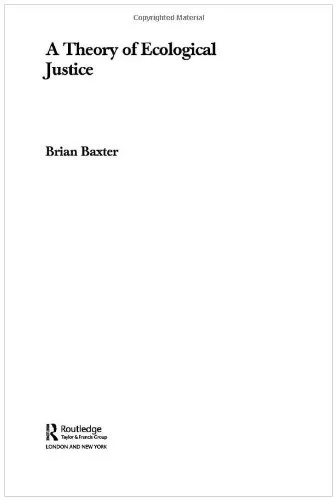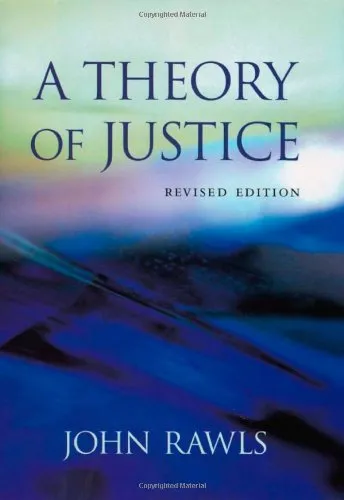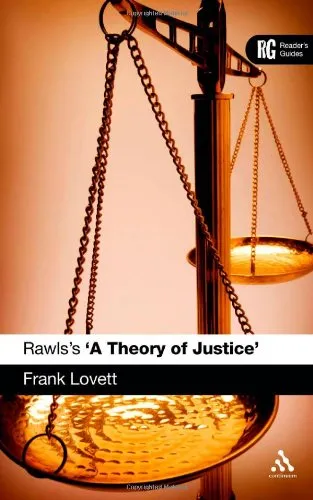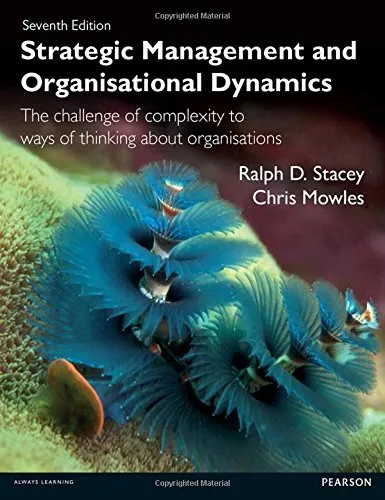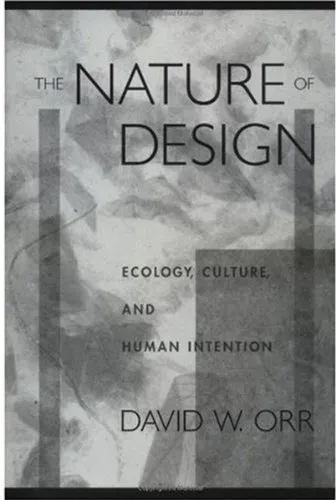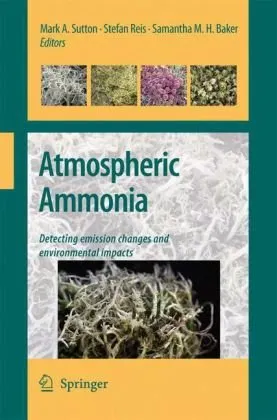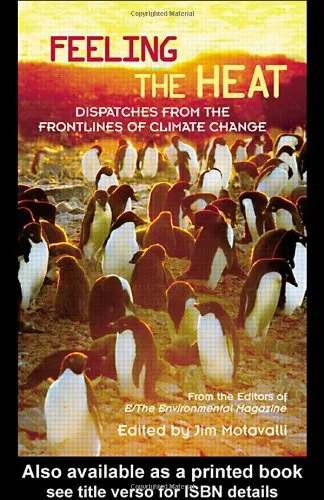A Theory of Ecological Justice (Environmental Politics Routledge Research in Environmental Politics)
4.0
Reviews from our users

You Can Ask your questions from this book's AI after Login
Each download or ask from book AI costs 2 points. To earn more free points, please visit the Points Guide Page and complete some valuable actions.Related Refrences:
Welcome to an in-depth exploration of ecological justice through the pages of "A Theory of Ecological Justice" by Brian Baxter, a profound work that bridges the gap between environmental ethics and political theory.
Detailed Summary of the Book
"A Theory of Ecological Justice" is an insightful exploration into the concepts and principles that define ecological justice. The book tackles the complex interactions between humans and the natural environment from an ethical and political lens. Brian Baxter presents a compelling argument that extends beyond traditional notions of justice, encompassing not only human societies but also ecological entities such as animals, plants, and ecosystems.
The text delves deep into philosophical theories, critically examining the limitations of anthropocentric viewpoints and advocating for an ecocentric perspective. Baxter argues for a justice framework that includes non-human nature as legitimate recipients of justice. Drawing on a range of philosophical doctrines, the book challenges readers to rethink their understanding of justice in the context of increasing environmental degradation.
The work progresses through a systematic analysis of ecological interdependencies and the moral standing of natural entities. It scrutinizes Western political theories, infusing them with ecological consciousness and reshaping them into a coherent theory of ecological justice. By integrating scientific knowledge with ethical reasoning, "A Theory of Ecological Justice" serves as both an academic guide and a call to action for policymakers and individuals alike.
Key Takeaways
- The concept of justice should extend beyond human societies to include the broader ecological community.
- Human actions and policies need to account for their impacts on non-human nature, recognizing the intrinsic value of all living beings.
- Baxter emphasizes the integration of ecological considerations into political structures and decision-making processes.
- The book advocates for a shift from anthropocentrism towards ecocentrism, promoting a more harmonious relationship with nature.
- It calls for a transformative approach to environmental policy that incorporates justice for the environment as a whole.
Famous Quotes from the Book
"The moral community extends beyond the human species: plants, animals, and ecosystems possess inherent worth and deserve recognition within the corpus of justice."
"To constrain ourselves within the limits of anthropocentric thought is to deny the ecological interconnectedness that defines our existence."
Why This Book Matters
The significance of "A Theory of Ecological Justice" lies in its pioneering approach to an often neglected dimension of justice — ecological justice. In an era marked by environmental crises and climate change, the book provides critical insights into how we can reformulate our ethical and political systems to better accommodate the needs of the natural world.
As societies worldwide grapple with unprecedented environmental challenges, Baxter's work offers a solid theoretical foundation for advancing environmental protection laws and policies. It urges intellectuals, policymakers, and activists to embrace a broader moral vision that encompasses justice for the planet itself.
"A Theory of Ecological Justice" is a crucial read for anyone interested in the intersection of environmental ethics and political philosophy. It challenges entrenched ideologies and paves the way for a new paradigm — one where justice is not limited by species but is as inclusive as the delicate interconnections that sustain life on Earth.
Free Direct Download
You Can Download this book after Login
Accessing books through legal platforms and public libraries not only supports the rights of authors and publishers but also contributes to the sustainability of reading culture. Before downloading, please take a moment to consider these options.
Find this book on other platforms:
WorldCat helps you find books in libraries worldwide.
See ratings, reviews, and discussions on Goodreads.
Find and buy rare or used books on AbeBooks.
1357
بازدید4.0
امتیاز0
نظر98%
رضایتReviews:
4.0
Based on 0 users review
Questions & Answers
Ask questions about this book or help others by answering
No questions yet. Be the first to ask!
